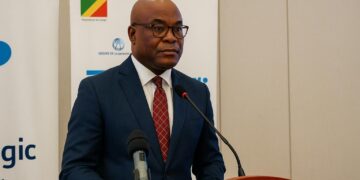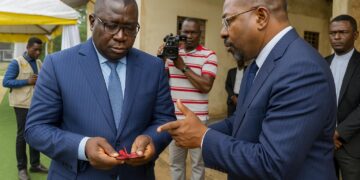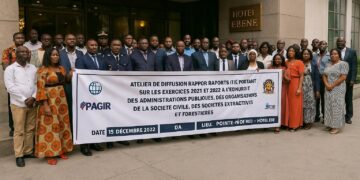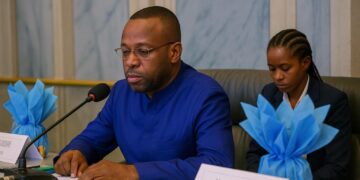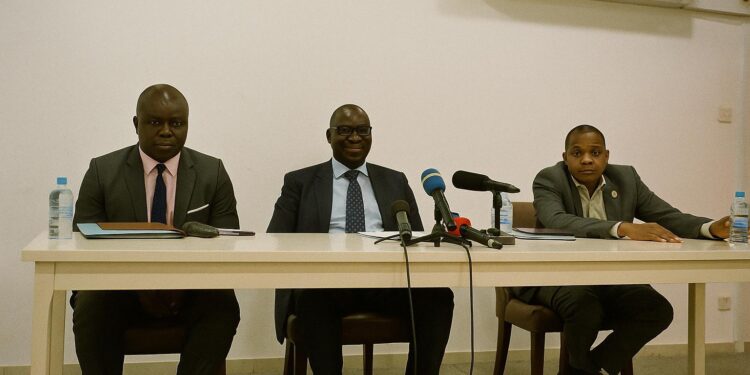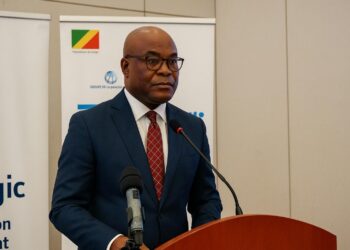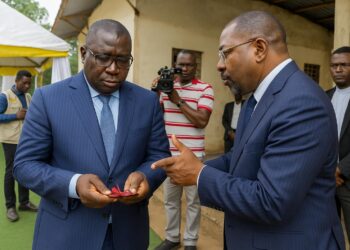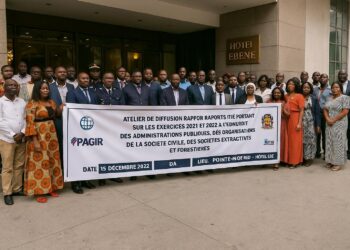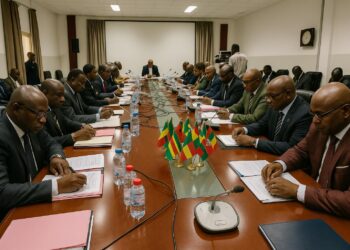Ethical Blueprint Anchored in Law n°23-2023
The Ministry of Sports has moved from legislative aspiration to executive articulation by promulgating Decrees n°2025-128 and n°2025-129, the first regulatory offspring of Law n°23-2023 that codified the Republic of Congo’s sporting order. During a tightly-choreographed press briefing in Brazzaville, Director-General Jean Robert Bindélé framed the texts as a “strategic hinge between moral rectitude and competitive modernity”, adding that the documents were drafted after consultations with the African Union Sports Council and the Association of National Olympic Committees of Africa (ANOC). The legal scaffolding, he stressed, seeks to elevate domestic sport to “an instrument of national prestige compliant with continental norms” (ANOC, 2024).
Defining the Code: Respect, Equity and Disciplined Patriotism
Decree n°2025-128 crystallises a triadic ethic: respect for rules and officials, respect for opponents and the uncompromising pursuit of equal opportunity. While these axioms appear textbook, the decree innovates by embedding sanction matrices that fuse sporting jurisprudence with civil law, a model reminiscent of Rwanda’s 2019 Sports Integrity Act (Rwandan Ministry of Sport, 2020). Infractions are graded and linked to escalating penalties ranging from temporary suspension to disqualification from public service employment—an echo of the government’s broader governance doctrine in which professional conduct is indivisible across sectors.
Financial Architecture of Performance-Centred Patriotism
By formalising match-bonuses, qualification premiums and medal-based rewards, Decree n°2025-129 injects fiscal predictability into a sphere long marked by ad-hoc largesse. Officials underline that the prize matrix is indexed to macro-economic forecasts vetted by the Ministry of Finance, a clause designed to protect the Treasury from volatility while assuring athletes of transparent entitlements. Notably, the absence of compensation for defeats juxtaposes incentive with accountability, a design widely employed in East Asian high-performance programmes and now selectively adopted in Central Africa. High-value gold-medal payouts, still confidential, reportedly benchmark against Morocco’s 2023 framework that allocates up to US$75,000 for Olympic gold (Moroccan NOC, 2023).
Selection Criteria: Meritocracy Tempered by Moral Standing
The text’s insistence on both athletic performance and moral probity reflects regional anxieties over age fraud, doping and dual nationality disputes. Prospective internationals must present a clean record validated by the National Anti-Doping Commission and the Directorate-General of Police Judiciaire. This dual vetting parallels Nigeria’s 2022 protocol that links player licences to national identity databases (ECOWAS Sports Observatory, 2022). Bindélé contends that such filters will “fortify the flag against reputational hazards” while ensuring the pool remains inclusive for the diaspora, provided they meet residency and allegiance thresholds harmonised with FIFA statutes.
Stakeholder Reception: Cautious Optimism in Club Corridors
Domestic clubs such as CARA Brazzaville salute the clarity on release fees, arguing that predictable prime structures will ease salary negotiations and discourage clandestine transfer clauses. The Congolese Federation of Handball has voiced satisfaction that non-football disciplines are explicitly named in the decree, a nuance that responds to critiques surfacing after the 2015 All-Africa Games hosted in Brazzaville, where non-football athletes reported erratic bonus payments (Pan-African Sports Review, 2016). Yet some athlete representatives, speaking under condition of anonymity, seek a periodic indexation of bonuses to the Consumer Price Index, warning that static figures could depreciate and reignite grievances.
Soft-Power Projection Through Ethical Sport
Diplomats stationed in the capital interpret the decrees as part of a calibrated soft-power campaign. A senior official at the Ministry of Foreign Affairs notes that “the intersection of ethics and reward enables Congo-Brazzaville to broadcast a narrative of disciplined dynamism”, particularly salient ahead of the 2026 African Games bid. The policy dovetails with President Denis Sassou Nguesso’s Vision 2025, which positions culture and sport as vectors for economic diversification and regional leadership. International partners, including UNESCO’s Intergovernmental Committee for Physical Education, are reportedly monitoring the roll-out for possible replication in Francophone West Africa.
Metrics, Monitoring and the Road Ahead
Implementation will be audited through a composite index combining medal tallies, disciplinary records and budgetary efficiency, to be published annually by the National Sports Observatory. Early indicators will emerge at the 2025 Central African Games, offering an empirical litmus test of whether financial carrots and ethical sticks translate into podium success and societal cohesion. Should the framework deliver, it may provide Congo-Brazzaville with a replicable governance export, reinforcing its diplomatic posture while cultivating a new generation of athletes versed in both performance and probity.





